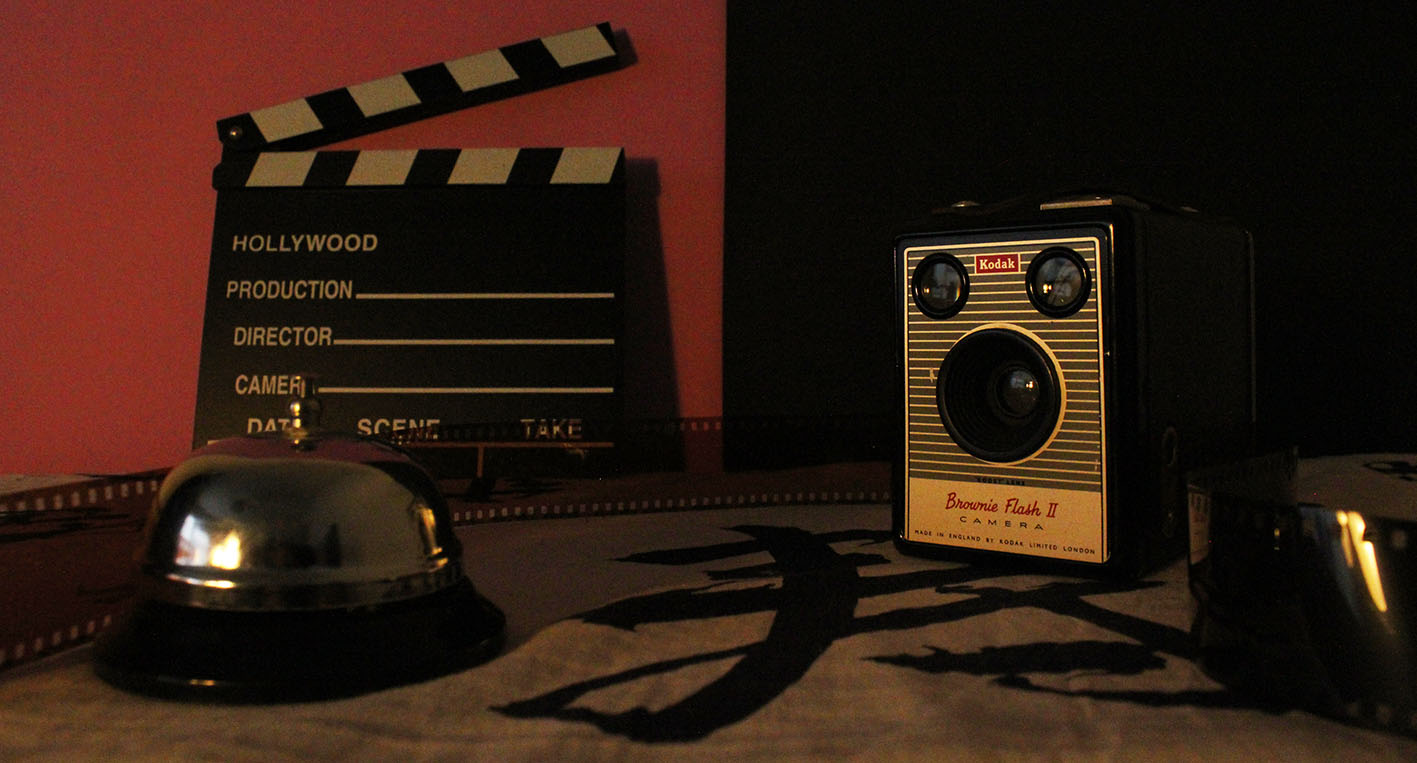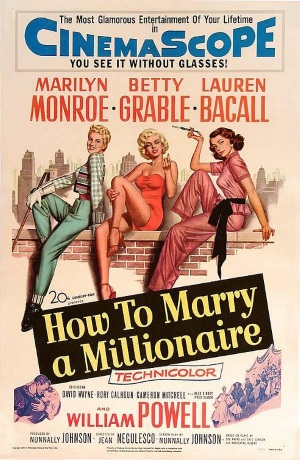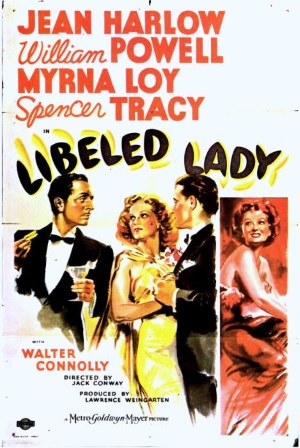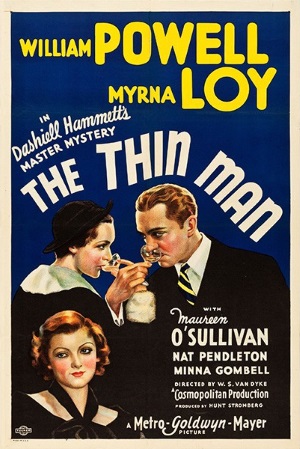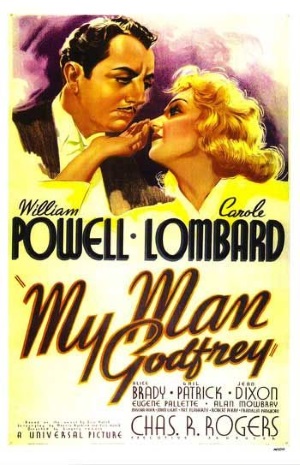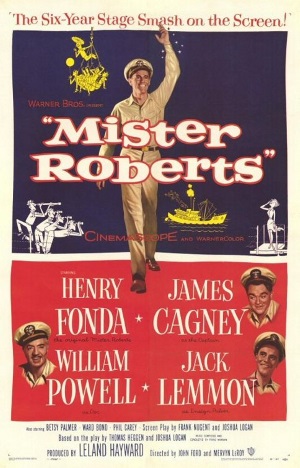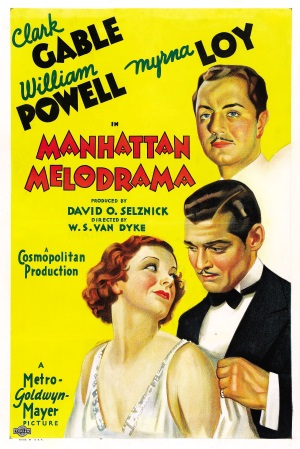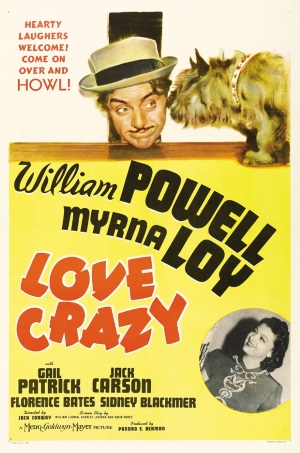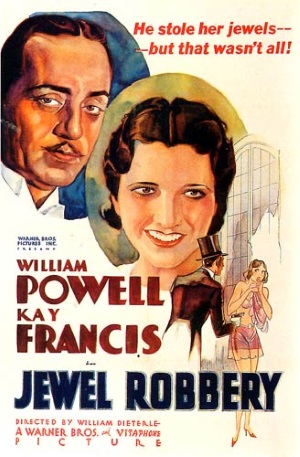One Million Dollars!
How To Marry a Millionaire was the first movie filmed in Cinemascope (second to be released) and thus is a bit like the Avatar of 1953; a technological showcase but provides little in the way of interesting story or characters. The first five minutes of the film is comprised of composer Alfred Newman and his orchestra showcasing the visual and stereophonic capabilities of the new technology and trying to get audiences away from their televisions and into the movie theatre. TV is square and in black & white, movies are in colour and on a big widescreen. I can imagine this being quite a spectacle for audiences back in 1953 but why is it part of the movie and not a separate short? As for the visuals in the film itself, they do take advantage of the frame showing New York in full cinemascope although the use of a fisheye like lens in many shots is a little bothersome.
How to Marry a Millionaire was the first film I saw William Powell in and he didn’t leave any impression on me despite me later becoming a huge fan of his. As Roger Ebert put it, “William Powell is to words as Fred Astaire is to dance”, but he has not killer material to work off here. The three leading ladies do have their own personalities but there is not much in the way of playing off each other nor is there any fast and witty dialogue. Overall the screwball comedy type plot isn’t hugely fleshed out and there’s no real sense of urgency although there are a few laughs to be had. I do particularly like Betty Grable’s grouchy, grumpy date played by Fred Clark. I find Marilyn Monroe, however, gets the most interesting dynamic in the film playing a woman who is afraid to wear glasses which feels like a statement on conformity in the 1950’s.
How To Marry a Millionaire is a prime example of what you would call an ‘ok’ film; a time passer, not terrible but not great either. The most enjoyment I do get from it is largely superficial as I do love me some 50’s fluff with the colourful aesthetic and the high fashion. Plus three beauties in cinemascope, as a heterosexual male I’m not complaining.
